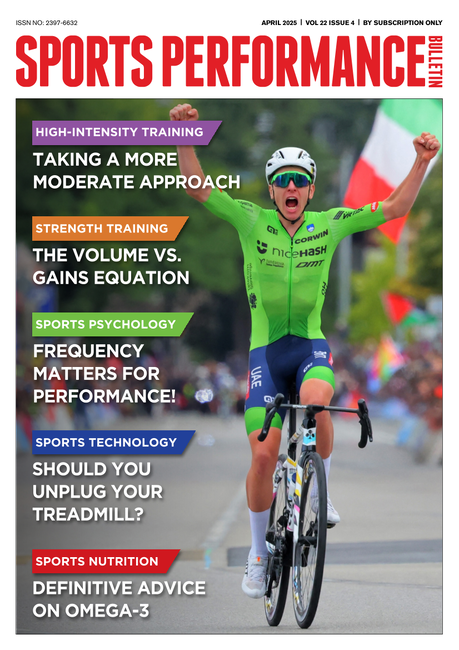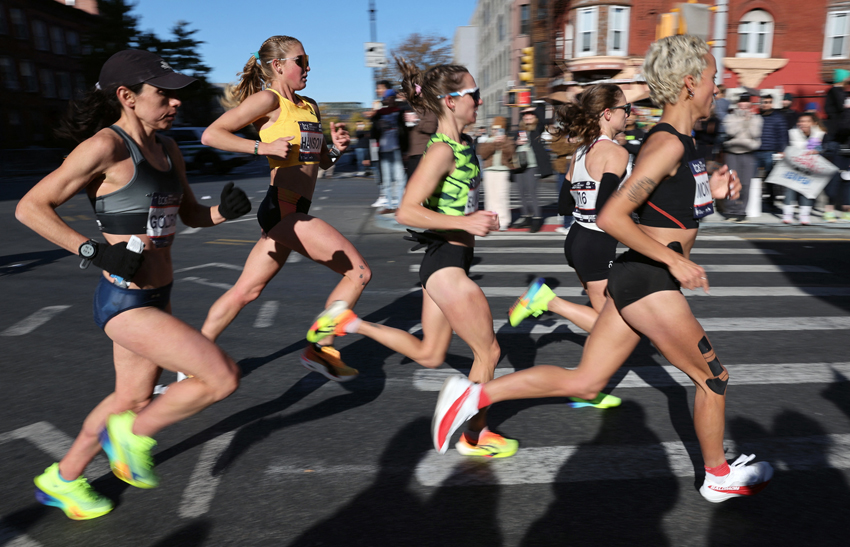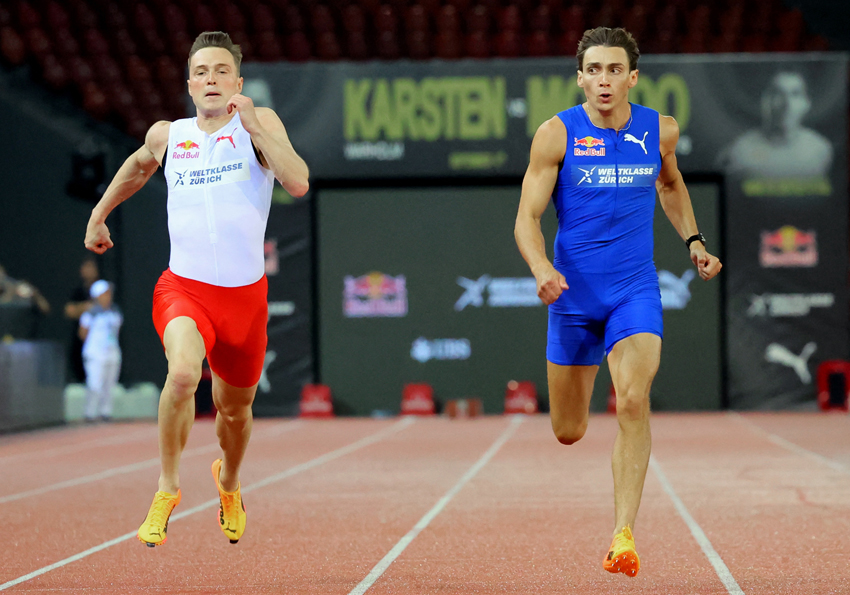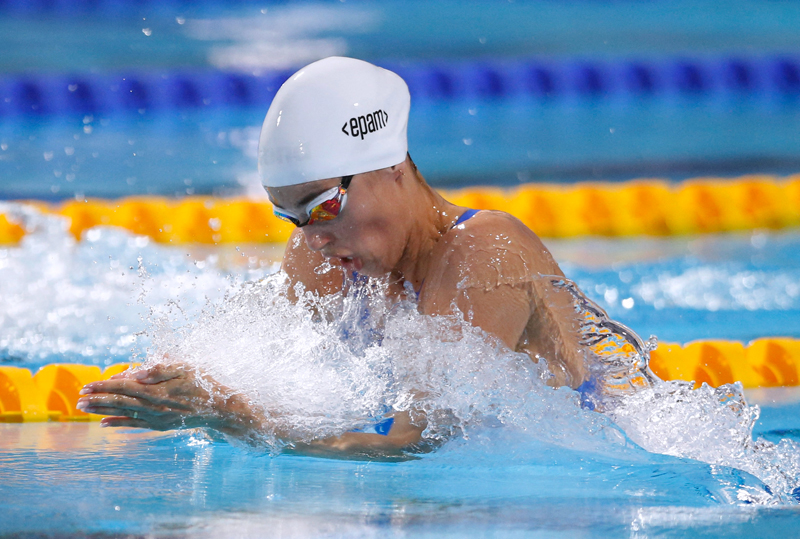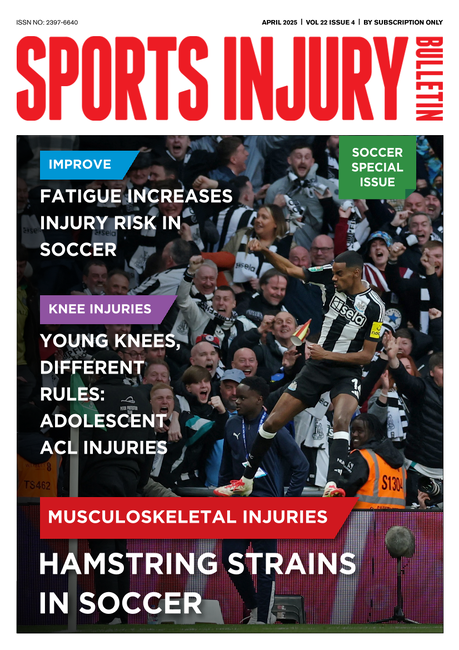Extreme distance running: an ultra endurance training plan

Training for an ultra-distance event is not for the faint hearted, since weekly totals of 75-135 miles are common. The event itself is extremely demanding and, with apologies to Nike, you can't 'just do it'! In fact, you should have at least two marathons under your belt before you even start to think about ultra-endurance. The first step, suggests Derek, is to decide what type of ultra-endurance athlete you are. Broadly speaking there are two categories:
l those who have built up several years of marathon-based training, who have a strong aerobic base and have developed the appropriate cardiovascular and muscular adaptations to see them through races of 30 miles-plus;
l those for whom running 50-60 miles is a way of life, who have the mental attitude needed to knock out dozens of miles at a relatively slow pace. If you fall into this category, you'll be using cross country, 10ks, half and full marathons for your under-distance sessions!
If you are working up to an ultra-endurance event, what should your training schedule need to look like? Derek suggests the following weekly programme:
Sunday - 20-40 mile run;
Monday - easy 5-6 mile recovery run;
Tuesday - 30-minute easy run in the morning, followed by 5-10 mile easy run in the evening;
Wednesday - 15-20 mile run;
Thursday - 20-30 minute recovery jog in the morning, followed by an 8-15 mile run, including some half marathon-paced intervals in the evening;
Friday - 8-15 mile run;
Saturday - 5-10 mile easy run.
That's a pretty demanding training schedule, and you'll need to get your house in order if you are planning to follow it.
It's important to make sure that when you are not out clocking up the miles you get plenty of rest, sleep and nutritious food - particularly carbohydrate to replace all the energy used up in training. Be sure to replace lost fluids with plenty of liquid, including some carbohydrate drinks.
As the event 100ms nearer, you enter the final stage of preparation. First, taper your training so that you are completing only light 10-20 minute jogs in the last three days before the event. In that final week, make sure you cram as much carbohydrate into your body as possible to optimise your energy stores. Finally, make sure your kit is up to the task, with shoes, socks, shorts and vests thet are not likely to cause problems like chafing and blisters.
Now your kit is sorted, you've eaten all the right foods and you are at the starting line waiting for the off. The best advice at this stage is not to try to race this first event but to concentrate on getting through it, being cautious with your pacing. This is going to be a painful experience, but Derek suggests that slight changes in pace and stride patterns can help to alleviate the pain of muscular fatigue. You are going to be out running for a long time, so set yourself small targets (eg break the event down into 4-5 mile stages) and be prepared to ease down and walk for 400 metres-or-so to give yourself a chance to refocus. Finally, make sure you have a carload of supporters to supply you with encouragement, food and fluid as you wind your way around the course!
Nick Grantham
You need to be logged in to continue reading.
Please register for limited access or take a 30-day risk-free trial of Sports Performance Bulletin to experience the full benefits of a subscription. TAKE A RISK-FREE TRIAL
TAKE A RISK-FREE TRIAL
Newsletter Sign Up
Testimonials
Dr. Alexandra Fandetti-Robin, Back & Body Chiropractic
Elspeth Cowell MSCh DpodM SRCh HCPC reg
William Hunter, Nuffield Health
Newsletter Sign Up
Coaches Testimonials
Dr. Alexandra Fandetti-Robin, Back & Body Chiropractic
Elspeth Cowell MSCh DpodM SRCh HCPC reg
William Hunter, Nuffield Health
Keep up with latest sports science research and apply it to maximize performance
Today you have the chance to join a group of athletes, and sports coaches/trainers who all have something special in common...
They use the latest research to improve performance for themselves and their clients - both athletes and sports teams - with help from global specialists in the fields of sports science, sports medicine and sports psychology.
They do this by reading Sports Performance Bulletin, an easy-to-digest but serious-minded journal dedicated to high performance sports. SPB offers a wealth of information and insight into the latest research, in an easily-accessible and understood format, along with a wealth of practical recommendations.
*includes 3 coaching manuals
Get Inspired
All the latest techniques and approaches
Sports Performance Bulletin helps dedicated endurance athletes improve their performance. Sense-checking the latest sports science research, and sourcing evidence and case studies to support findings, Sports Performance Bulletin turns proven insights into easily digestible practical advice. Supporting athletes, coaches and professionals who wish to ensure their guidance and programmes are kept right up to date and based on credible science.


